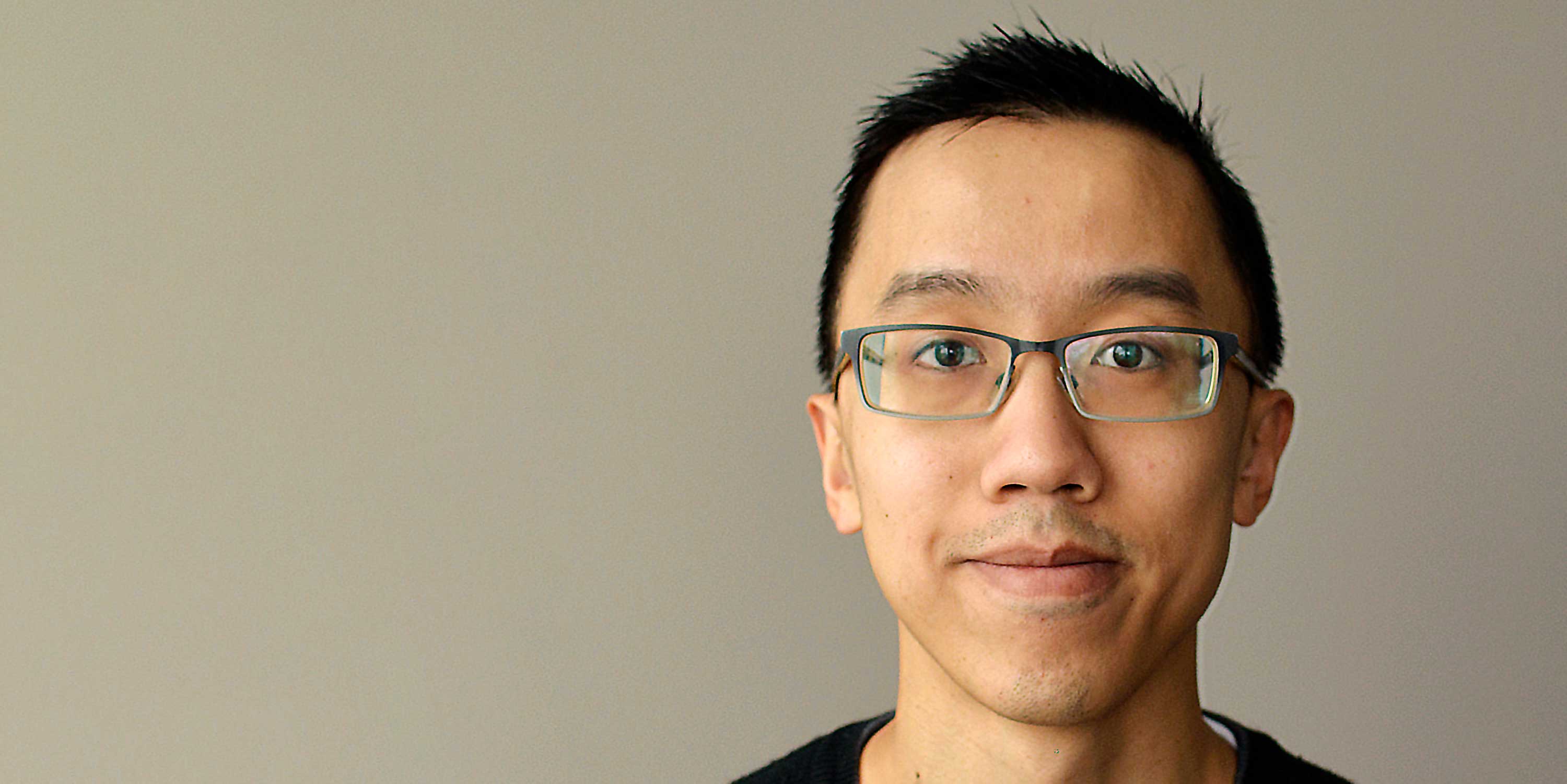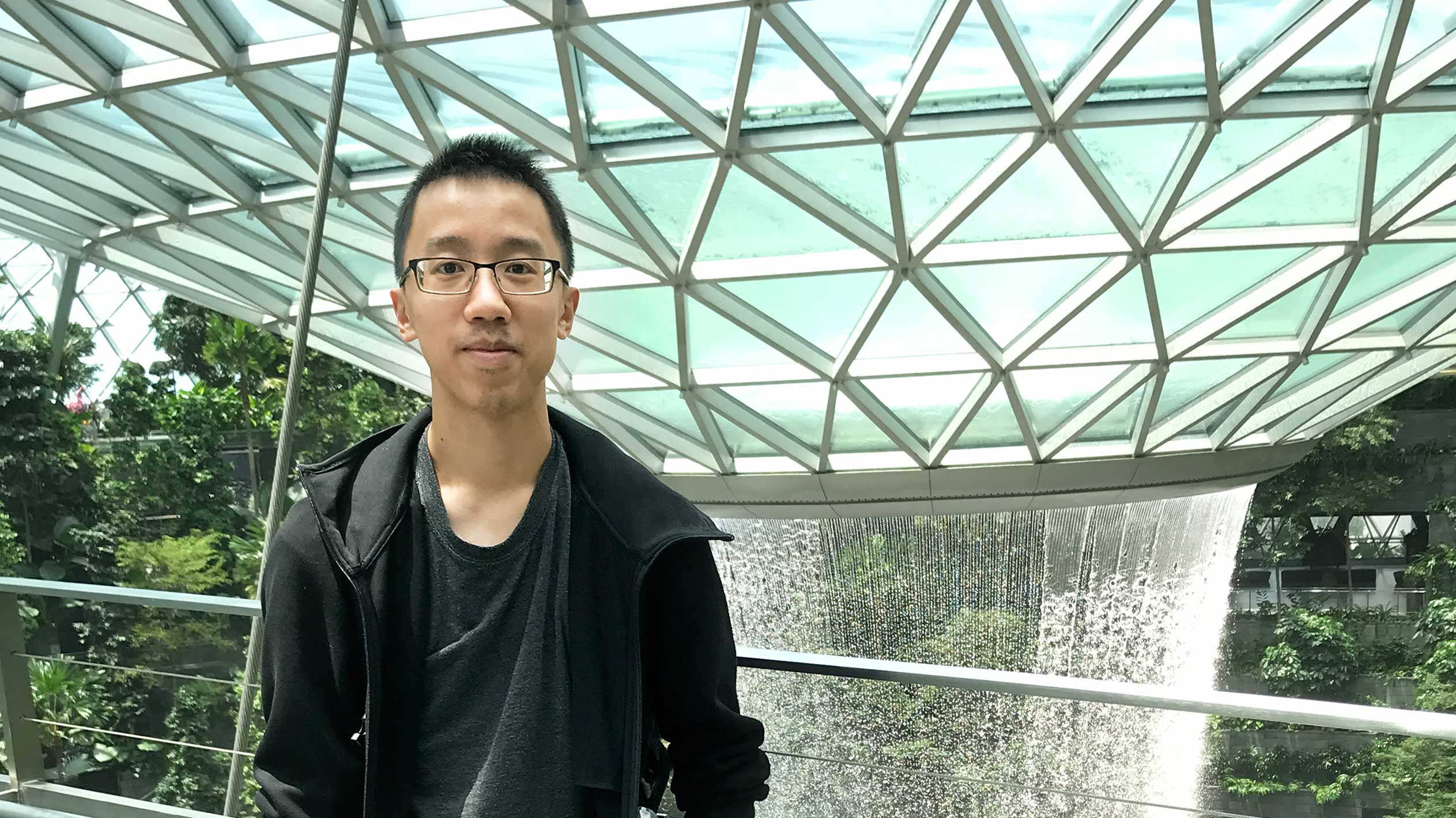As word came down in mid-March that the first wave of the COVID-19 pandemic was ending his Singapore law-student exchange as he knew it, Stephen Chin had a choice to make—fly back to Edmonton or ride it out.
With his three roommates leaving his dorm overnight and the mass exodus turning the once-bustling residence into virtual ghost towns, Chin said he thought long and hard before deciding to stay.
“You have to remember, we didn't know at the time how long or how severe it would be,” said Chin, who graduates this week from the University of Alberta with a law degree. “Even in North America at that time, many thought the pandemic would end in May or June.”

Beyond the early hope for a quick resolution, Chin said his decision to stay was made easier by the support he received not only from his family, but from the university.
“Throughout the process, the Faculty of Law and University of Alberta International were really helpful in keeping their lines of communication open and giving me the freedom to decide and to weigh the factors accordingly,” said Chin. “I probably wouldn't have had such a rewarding experience if it were not for the level of communication that I received from the government as well as the advisers.”
As for why he stayed, with the mass exodus, the National University of Singapore campus became very safe. Staying also allowed him unfettered access to his interest in international dispute resolution, a subject not heavily covered in-depth in Canadian law schools.
Interestingly, Chin began his academic career as an undergrad student in the Faculty of Science, which he graduated from in 2013. However, his early interest in genetics evolved into dispute resolution while volunteering for the Faculty of Science student faculty association as a student advocate.
“I was consistently inspired by the energy and the depth in which my peers engaged with and debated challenging policy issues,” he remembered.
Later, he served in the Office of the Student Ombuds as an ombudsperson for students accused of breaching the Code of Student Behaviour. In this role, Chin said he would walk students caught up in academic or non-academic misconduct through the process that lay ahead and advocate for their needs.
He said whether it was a student misconduct complaint or articling with the B.C. Civil Liberties Association—where he is now—one common theme he returns to is how many people don't really have a voice.
“I know that sounds cliché, but if you look at how complex some university processes are or how complex policies can be when they're drafted by sophisticated, knowledgeable administrators, then you start to see some of the power imbalances that people face,” he said.
“Regardless of whether they're later found guilty or innocent, I think students or individuals who are vulnerable and without any sort of power in the community may need some guidance, whether that's through an ombudsperson or a lawyer.”
Even a bachelor of commerce degree in 2016, also from the U of A, couldn’t shake an interest in the equity side of public policy that ultimately pushed him into law.
Two years later, when Chin boarded a plane bound for Singapore in the last days of 2019, he couldn’t have imagined the events that would unfold in the next few months, and are still unfolding to this day.

“In a word, it was swift in terms of the restrictions and steps the Singapore government was taking to curb the spread of the virus,” he said, adding the initial timeline of the first shutdown mirrored what happened in North America, but went further and faster in Singapore.
“The main thing that differentiated Singapore from North America was that by mid-April they had already mandated masks, and then almost overnight everyone was wearing masks to go everywhere,” he said.
Chin’s decision to stay allowed him to finish his papers using libraries and resources not available in Canada, but added it was still a bit surreal.
“I learned to reflect on solitude, in finding ways to live with the isolation, as well as the decisions I needed to make while navigating a pandemic in another country,” said Chin, who said he never felt in danger.
“My situation is a little bit unique because I was in a relatively safe country with the working language and the high level of communication in English. I knew exactly what was going on day to day and how to get home.”
Chin finished his time in Singapore and came back to Canada in mid-May with a story to tell and a renewed sense of purpose.
“I hope to continue doing more public policy work,” he said. “Even in Singapore, you get to see how policies have downstream consequences, whether it’s in an emergency situation or whether it’s the day-to-day laws that the government enacts.
“Those have real impacts on how people move, how they travel, and how they work.”